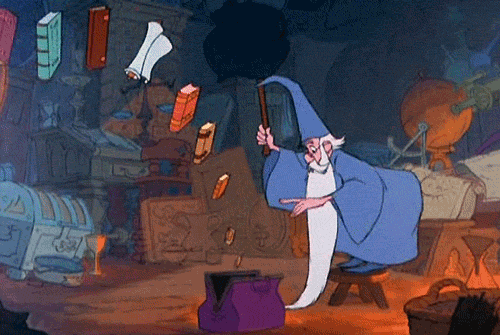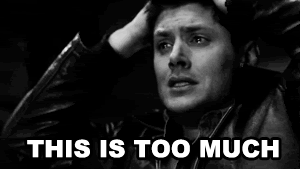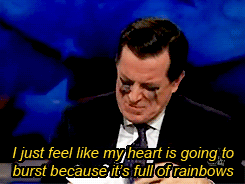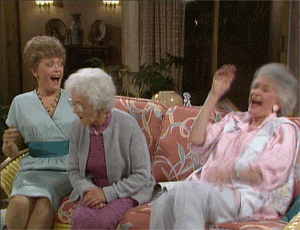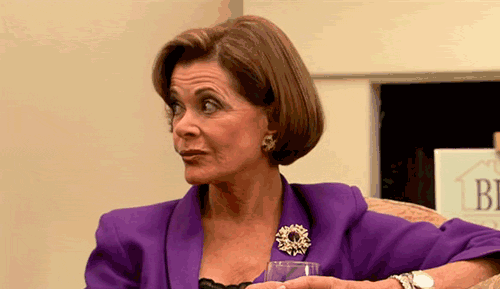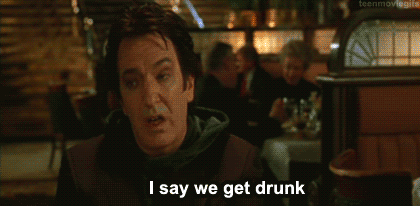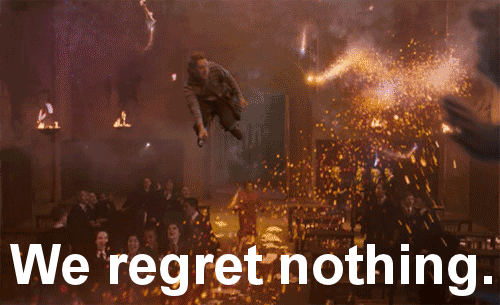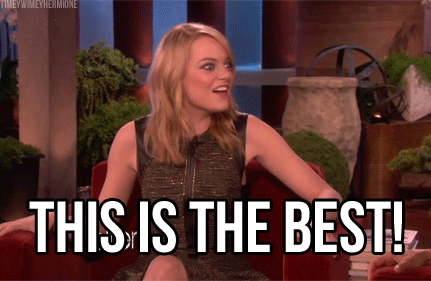At Stacked, Kelly talks about how fat stereotypes are her book deal breaker. I freaking love this post. You should read through the whole thing, but some parts I particularly liked:
“It makes me feel ashamed that the message of most YA books featuring fat characters is that your body is wrong, it’s going to kill you, it’s going to hold you back, and it’s not worth the space it takes up on this planet. Because this is a message we already send teenagers…
What I want is for a teen to pick up a book that features a fat character who isn’t a silly sidekick or a laughing stock. Who isn’t seeking a way to better herself by losing weight.”
A-freakin’-men. As an overweight kid, I was particularly sensitive to these kinds of portrayals in children’s books. I remember reading some of the Sweet Valley Twins books, which featured Lois Waller, who was defined by how much she weighed and what food she ate. (Also, in a universe of Jessicas and Elizabeths and Lilas, of course the fat girl has a dowdy name like Lois.) Granted, it’s not like the Sweet Valley books were written to push literary boundaries and create compelling characters, but it reinforced the idea that only the perfect-size-6 Jessicas and Elizabeths can have interests and personalities and hobbies, whereas the we Loises were only defined by our size.
I don’t think YA authors try to only write about thin characters or to depict overweight characters with that being their only characteristic. But I think we, as writers, need to think more carefully about how these characters are represented and how our stories deal with characters of all sizes. So often I roll my eyes at depictions of characters who, when stressed or upset, suddenly lose their appetite. This is a totally realistic reaction to stress, but so is having a cupcake, and not many novels I can think of mention having a cupcake as a reaction to feeling stressed. Things like this may seem minor, but they can have a big impact on readers.
Like Kelly, I’d love to see stories about “fat” characters that don’t have anything to do with their sizes. About heavier girls fighting dragons, about overweight guys engaged in student council political drama, about any topic YA usually covers. In high school, I had a lot of friends of various sizes, and we all went to prom, had fights with our parents, dealt with grief, went driving with the windows down and great music playing. YA should reflect that.
Make sure to read Kelly’s post. And while I’m reminded of it, I’ll leave off with a great quote by JK Rowling about how we use “fat” to describe people in a negative light:
“Fat’ is usually the first insult a girl throws at another girl when she wants to hurt her…[Is] ‘fat’ really the worst thing a human being can be? Is ‘fat’ worse than ‘vindictive’, ‘jealous’, ‘shallow’, ‘vain’, ‘boring’ or ‘cruel’?”
Let’s stop looking at fat as the worst thing a person can be, and the only thing that can define someone. It’s certainly one of my book deal breakers, too.



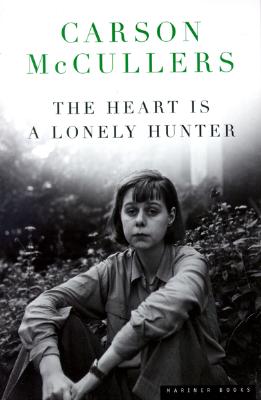 1. The Heart is a Lonely Hunter by Carson McCullers
1. The Heart is a Lonely Hunter by Carson McCullers